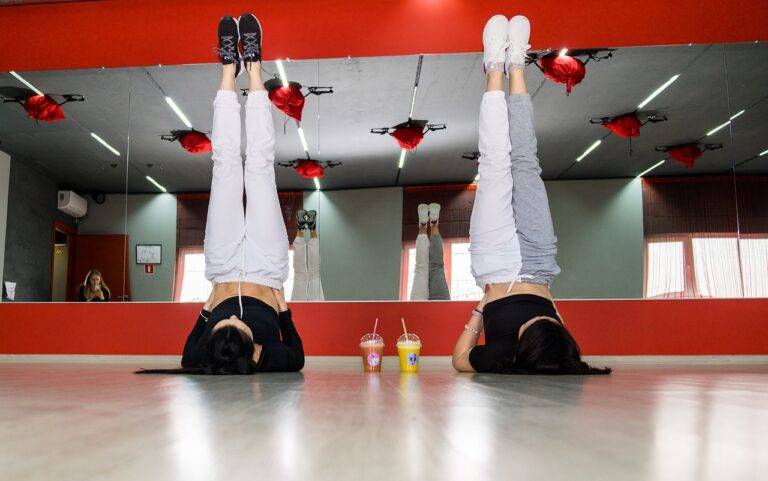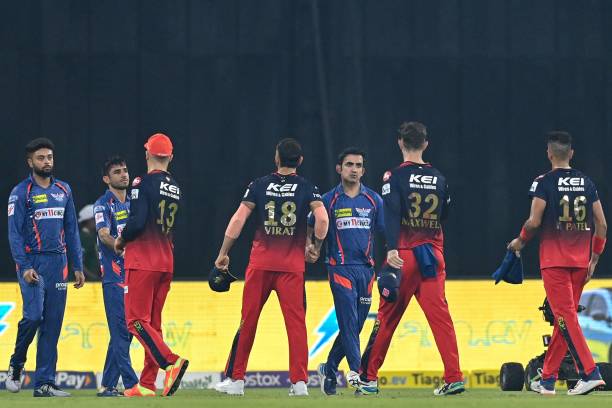Exploring Virtual Reality Applications in the Hospitality Sector: From Virtual Tours to Immersive Experiences: 11xplay login, King567, Skyinplay.com login
11xplay login, king567, skyinplay.com login: Virtual reality (VR) technology has become increasingly popular across various industries, and the hospitality sector is no exception. From virtual tours of hotel rooms to immersive dining experiences, VR applications are revolutionizing the way customers interact with hospitality businesses. Let’s explore how VR is transforming the hospitality sector and providing unique opportunities for both businesses and consumers.
The Power of Virtual Tours
Virtual tours have become a game-changer for hotels, resorts, and event venues looking to showcase their spaces to potential customers. With VR technology, customers can now take a virtual walk through a hotel lobby, explore different room types, and even experience amenities like spas and pools without having to physically visit the location. This not only saves time for customers but also allows businesses to reach a wider audience and increase bookings.
Immersive Dining Experiences
Restaurants and bars are also leveraging VR technology to provide customers with immersive dining experiences. From virtual cooking classes to 360-degree dining experiences, VR allows customers to engage with food and drinks in a whole new way. Imagine being able to “travel” to different countries through a virtual food tasting experience or learning how to cook a gourmet meal from a celebrity chef all from the comfort of your own home.
Enhancing Customer Service
VR technology is also being used to enhance customer service in the hospitality sector. Hotels can provide virtual concierge services, allowing guests to explore local attractions, book excursions, and even order room service all through a VR headset. This personalized touch not only improves the guest experience but also helps hotels streamline their operations and increase efficiency.
Training and Development
VR technology is not just limited to customer-facing applications it’s also being used for training and development purposes within the hospitality sector. From simulating emergency situations for staff to practicing customer service scenarios, VR training programs allow employees to gain hands-on experience in a safe and controlled environment. This not only improves employee performance but also reduces training costs for businesses.
Eco-Friendly Practices
In addition to enhancing customer experiences and improving operational efficiency, VR applications in the hospitality sector can also contribute to eco-friendly practices. By providing virtual tours and experiences, businesses can reduce the need for customers to travel to physical locations, thus lowering their carbon footprint. This aligns with the growing trend towards sustainable tourism and environmental conservation efforts.
The Future of VR in Hospitality
As VR technology continues to evolve and become more accessible, the potential applications in the hospitality sector are virtually limitless. From virtual event spaces for conferences and weddings to interactive storytelling experiences for guests, the opportunities for innovation are endless. By embracing VR technology, hospitality businesses can stay ahead of the curve, differentiate themselves from competitors, and provide truly unforgettable experiences for their customers.
FAQs
1. Can VR technology replace physical travel experiences?
While VR technology can provide immersive experiences, it cannot fully replace the sensory-rich experiences of physical travel. However, it can complement and enhance traditional travel experiences by providing previews and insights into destinations.
2. How can small businesses in the hospitality sector benefit from VR technology?
Small businesses can use VR technology to showcase their unique offerings, reach a wider audience, and differentiate themselves from larger competitors. By embracing VR, small businesses can create memorable experiences that leave a lasting impression on customers.
In conclusion, VR applications are transforming the hospitality sector by providing innovative solutions for customer engagement, service delivery, and sustainability. As businesses continue to explore the possibilities of VR technology, the future of hospitality looks more exciting and immersive than ever before.







